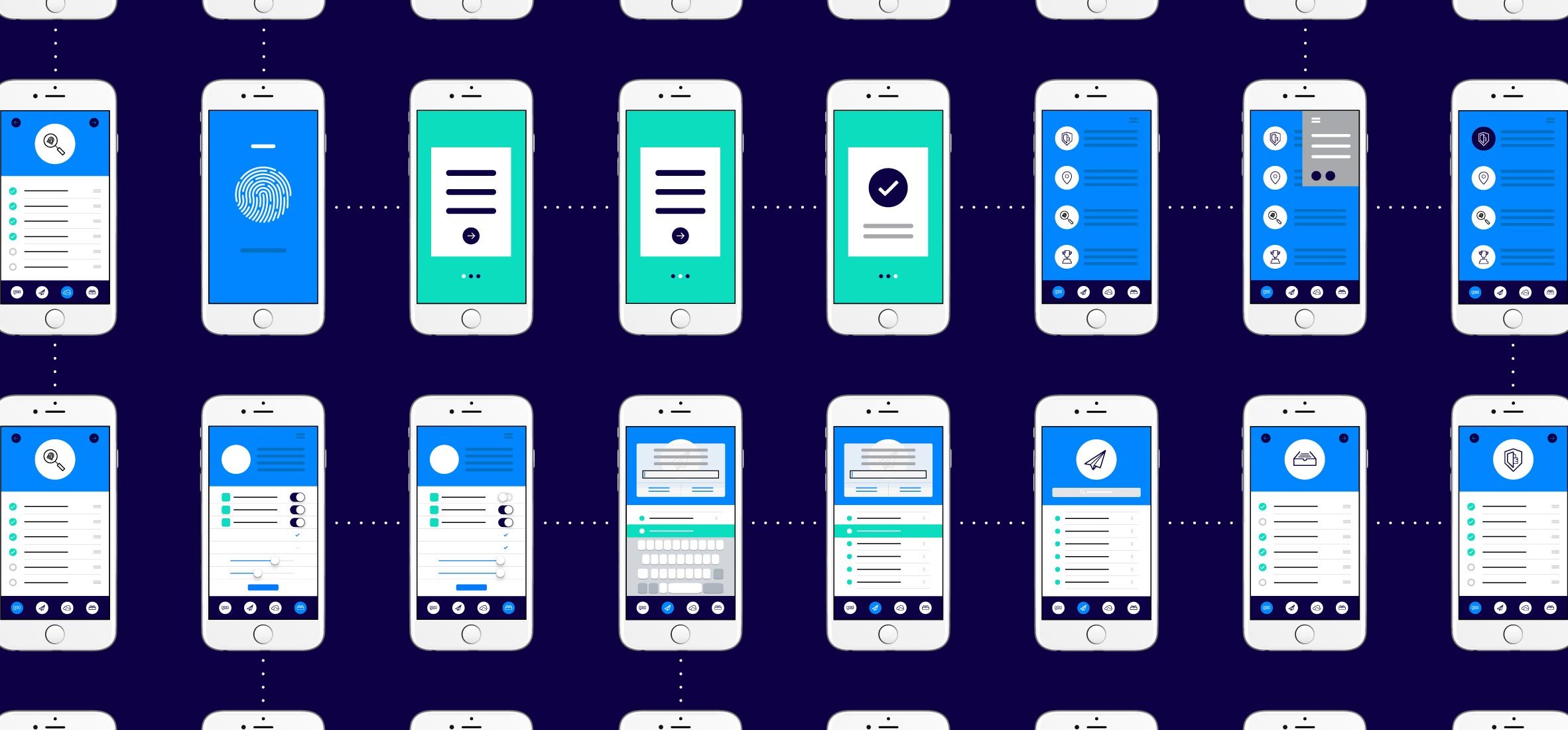It All Starts With Story: 5 Ways to Amp Up Your Brand

The brand that tells the best story wins
Digital storytelling isn’t about spreading the same message across all of your platforms; it’s about meeting your customers through the medium of their choice with the messaging that’s right for that particular platform. Too often, brands fall into the trap of repetitive messaging, and customers tune out or abandon ship altogether when their expectations are not met.
As you think about crafting the messaging for your next campaign, consider how you can incorporate these five storytelling best practices into your marketing strategy.
1. Take a deep dive into the customer journey.
And do it often. Decide how you’d like to meet each of your customers when they come to interact with your brand. The overarching theme, look, and feel of the campaign should remain intact, but the ways customers discover your brand at different points along the journey should be authentic and native to the platform. Don’t push content just because you need to fill the space. Push it because it feels right—because it’s going to make an impact somewhere along the journey.
2. Give your customer multiple entry points to the campaign.
Do you have customers entering the journey in an unexpected way? Are you seeing increased traffic from platforms where you never thought it possible? Nurture those customers. They’re discovering your brand that way for a reason. Do some testing to see if it’s worth dedicating more resources—you may discover an untapped market.
3. Tell a damn good story.
Storytelling includes visualization, an art form used around campfires since the dawn of human existence. If the storytelling back then didn’t create a memorable experience, the message wouldn’t make it to the next generation. It’s the same with your campaign messaging today. Make the story intriguing. Give your customers a reason to connect. Fascinate them. Make them pause and think, “That was really cool!”
4. Create the experience andtheywill make it social.
All too often, marketers try to encourage customers to like their brand for this or to post about that, when all it really takes to remember the brand is a memorable story. Merely pushing out content won’t do that, but creating an experience will:
I was at SXSW in Austin, Texas, this year. Naked Juice created a “Naked Oasis” and handed out samples of a new product line of Pressed Juices. As I stood in line and looked around, I consumed the experience: Dirt pathway through the trees. High-back, geometric, swinging chairs with inviting pillows. A neutral, natural color palette. Relaxing music at just the right volume. The song, a blend of relaxing house and alternative, really piqued my interest. I Shazam’d it. It’s now on my playlist. And every time I hear it, I think back to those moments and visualize the oasis Naked Juice created for me. A standout in a sea of standouts at SXSW.
5. Talk in story form, not data points.
The current distinction between human and artificial intelligence is the unique ability of humans to deduce, reason, and create a summation output that is different from the inputs yet includes all of them at the same time. If you tell your story through data points, it will become lost. But telling your story through, well, storytelling will generate triggerable memories that won’t be forgotten.
Incorporating these five recommendations when creating your campaign will help drive your brand and messaging home. When you get it right, people will remember both your story and your brand—and you’ll be rewarded with the increased awareness, engagement, and sales you were looking for in the first place.
About the author



